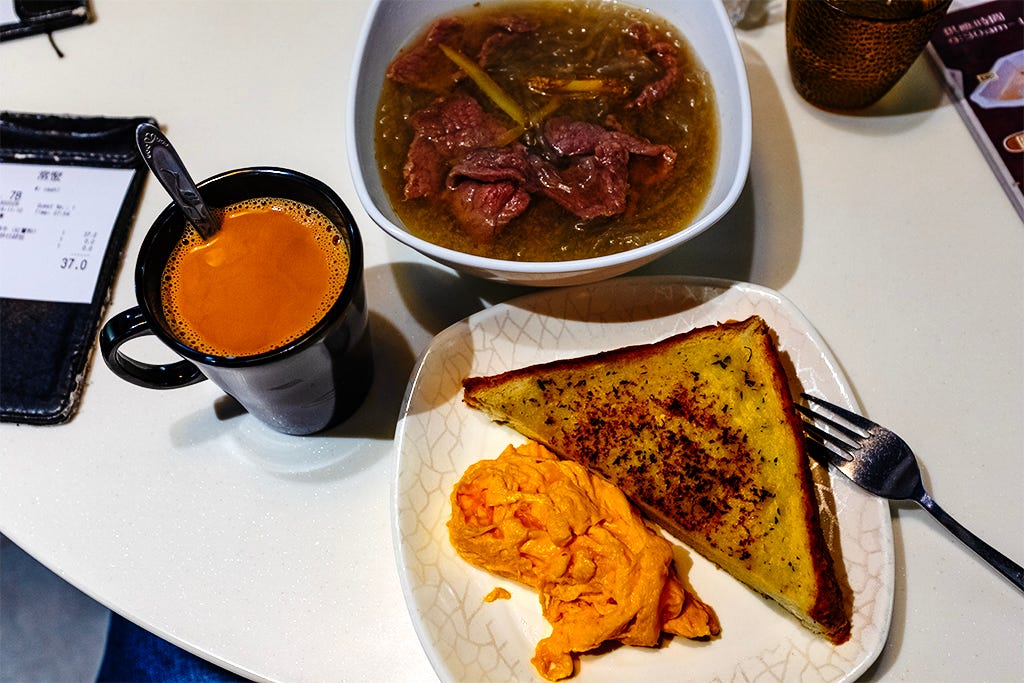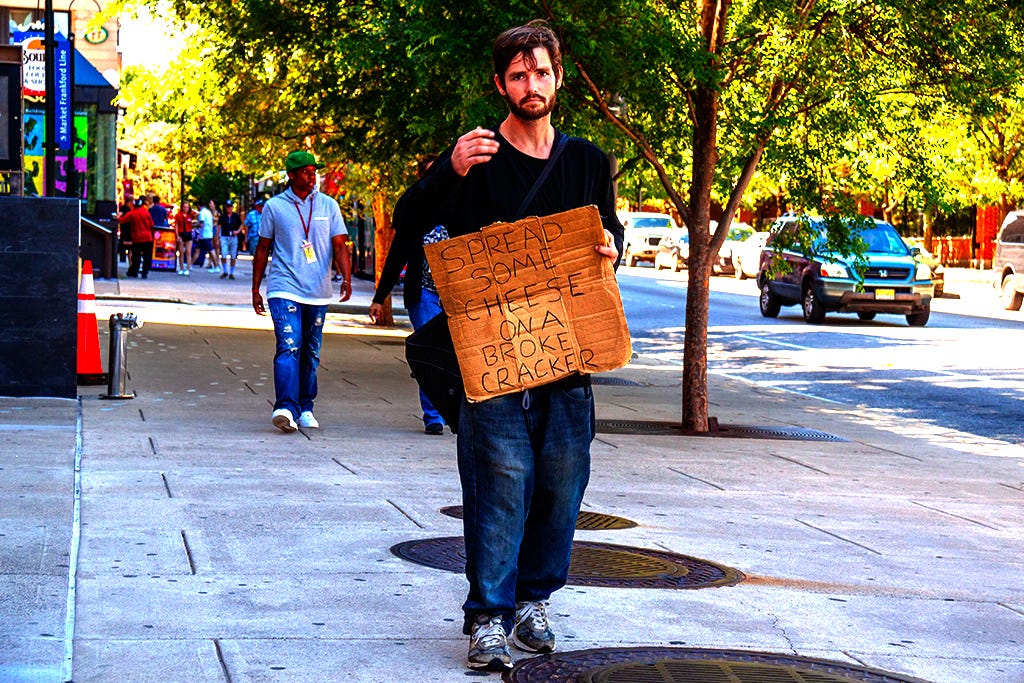[Vung Tau, 3/2/24]
Vung Tau is about to host a 3x3 basketball tournament, so you must drop everything and book a flight to Vietnam! Inexplicably, this excitement won’t be televised, not even here. I’ll see you at courtside.
Vietnam is not among the 24 teams at this year’s FIBA Asia Cup. With less than 175,000 people, even Guam qualified. Why aren’t Vietnamese awesome at cross over dribbling and tomahawk dunking?
The center for Japan is a 6-9 white guy named Josh Hawkinson. Team Philippines has several players who are at least half black, plus a half Russian born in the USA. Against such competition, generally short and scrawny Vietnamese don’t stand much of a chance, but basketball isn’t everything.
Visiting in 1822, Scottish John Crawfurd observed that Vietnamese were “a short, squat, and ill-favoured people. They are probably lower in stature than any people of Central Asia.” Despite all that, “Their limbs are strong and well formed, and they are altogether active and hardy. In point of features, they bear a nearer resemblance to the Malays than to any other people; but there is no ferocity in their expression; on the contrary, their countenances exhibit an air of cheerfulness and good humor […] They are always to be seen talking and laughing, as if they had nothing to complain of.”
It’s still true. If Vietnamese aren’t being bombed, shot at or starved nearly to death, they’re chatty and cheerful. Many foreigners have also noticed the relative beauty of their females. Crawfurd, “The women appeared to us to be, to a remarkable degree, fairer and handsomer than the men. With them, the hands, arms, and feet, are well formed, and the carriage even of the lower orders is graceful.”
Since I am a Vietnamese man, such a verdict isn’t exactly reassuring, but one must face reality. If your shortcomings can be fixed, then give it a shot, but certain handicaps are insurmountable. Some people are born with defective organs, abnormal genitals, a small brain or poor impulse control, etc.
With a change in diet, Vietnamese are getting taller, but more are also afflicted with diabetes, cancer or high blood pressure. Schoolkids are getting used to eating donuts, hamburgers, hotdogs, spaghetti or cereal for breakfast. Fried chicken is popular. I’ve never seen so many fat kids waddling around.
As Orientals gobble more American classics, Yanks are advised to skip breakfast, by the Wall Street Journal, of all people, “Breakfast lovers might be better off just having a cup of coffee […] Several breakfast staples saw sharp price increases due to a perfect storm of bad weather and disease outbreaks—and continued effects from Russia’s invasion of Ukraine.”
Nothing is said about climate engineering, lockdowns, destruction of mom and pops, gas pipelines thwarted or blown up by Uncle Sam, livestock culled on dubious pretexts and onerous rules on farmers to “save the planet.” The global economy is being purposely destroyed to get rid of useless eaters. Jewjabs, too, serve this aim. What’s happening to Ukraine and Gaza is just the most naked manifestation. Since everything you do, including just breathing, harms their planet, they must kill you.
Despite obvious signs of economic distress, Vietnam is still much better off than two decades ago, when kids begging or selling lottery tickets were often seen. Here in Vung Tau, the Korean styled BBQ chain, Kichi Kichi, is still filled with Viet diners on weekends. For $14.50, you can eat as much beef, pork, chicken, kimchi, seaweeds, salad and rice as you want. Low-end joints offering meals for $2 or less are still relatively busy. Business is down, though, everywhere. At 6PM, I’m sitting at Cóc Cóc Coffee alone.
This morning, I made an omelet at home, the first time in two years. With Spanish chorizo and Dutch red cheddar, I fried it up with Colavita extra virgin olive oil. All these imported ingredients I got just three blocks from me. In my fridge, there’s also a container of Bibigo kimchi. Though made in Vietnam, it’s absolutely authentic. I should know. During five months in South Korea, I inhaled kimchi each day. When a Korean friend visited Vung Tau recently, she expressed delight and envy at how cheap kimchi was in Vietnam.
It’s doubtful I’ll eat this well two or three years from now, and neither will you. Along with peak energy, peak water, peak freedom and peak literacy, etc., we’re living through peak food. Stumbling or rolling down, we’ll be introduced to new or long forgotten dishes and drinks. Roman soldiers and slaves guzzled posca, which is mostly water and vinegar, with only bits of wine. American patriots chewed through fire cakes. During the Civil War, there’s a cornbread made with bacon grease called sloosh. Hoover stew from the Great Depression actually had hotdogs, so couldn’t have been too bad. If too refined for posca, you can drink shoplifted mouthwash!
Crawfurd noted with disapproval the Vietnamese consumption of “vermins,” but these weren’t sewer rats but field mice. Fed on rice grains, they were a pest that had to be eliminated, so why not eat them? Dormice relished by Roman emperors are still delicacies in Croatia and Slovenia. In Peru, a cuy is served with its head or even tail intact. Hungry enough, you’ll lose your squeamishness. Shunning nature, postmoderns recoil from chicken skin, meat on bone, mud between toes and, now, even face to face conversations.
At age 19 or so, I read Joyce’s “Two Gallants” and was struck by the mushy peas scene. A man with almost nothing but time finally went into an eatery. Before ordering this miserable sounding dish, he had to ask how much it was:
He was hungry for, except some biscuits which he had asked two grudging curates to bring him, he had eaten nothing since breakfast-time. He sat down at an uncovered wooden table opposite two work-girls and a mechanic. A slatternly girl waited on him.
“How much is a plate of peas?” he asked.
“Three halfpence, sir,” said the girl.
“Bring me a plate of peas,” he said, “and a bottle of ginger beer.”
In East Anglia more than 20 years later, I finally realized it was perfectly normal for men not starving to eat peas by themselves! What may have been caused by poverty has become enjoyable. After visiting Vietnam in 1950, Norman Lewis made a similar observation:
One wondered about the origin of some of the delicacies; the ducks’ heads fried in batter and the webbed feet of some wading bird or other. Were they the fruit of a laborious empirical process, appealing to palates of extraordinary refinement, since in either case fleshy sustenance was practically nonexistent? Or were they, as a Vietnamese suggested, along with such traditional Chinese dishes as edible birds’ nests and sharks’ fins, the last resort of famine-stricken populations who gradually developed a taste for what, in the original emergency, they probably ate with the greatest repugnance? If this hypothesis is correct some of the results show an ironic twist. Bears’ paws, once probably thrown to the beggars by the hunter, are now only within the reach of millionaires in the most exclusive Chinese restaurants.
There is hope, then. Increasingly starved of fleshy sustenance, what we must swallow with the greatest repugnance will become delicacies for the most extraordinarily refined!
Until then, I must settle for ho-hum phở, wontons, pumpernickel bread, camembert and kimchi.
[$4.73 breakfast in Hong Kong on 11/23/19]
[$3.09 breakfast in Osaka on 11/30/18]
[dinner at Taiyoshi Hyakuban, an Osaka restaurant converted from a brothel, on 11/24/18]
[“SPREAD SOME CHEESE ON A BROKE CRACKER” in Philadelphia on 6/14/18]








I also read the WSJ story advising people who were too broke to just consider skipping breakfast. In case you missed it, the Kellogg's CEO was interviewed on CNBC just a couple of weeks ago suggesting that "consumers under pressure" should eat breakfast cereal for dinner to save money. So if you add "skip breakfast" to "eat breakfast cereal for dinner", I guess what we're really being told to do is skip dinner!
https://www.theguardian.com/us-news/2024/feb/27/kelloggs-ceo-cereal-for-dinner
As you did in South Korea, I do at home, eating kimchi every day (usually as part of breakfast!). And it’s the real thing—Jongga brand, made in South Korea.
I imagine "beanie weenies" are making a comeback--that was one of the easy and cheap meals I used to see in the old days. My folks were children of the Great Depression, and one thing my dad liked to make when we were kids was something we just called “Dad’s Bean Soup”, which was soup made from a mashed up can of baked beans and some milk. I actually liked it enough that I ate it for some years even after leaving home as an adult (it's great bachelor food). Later on, I even fed it to my daughter a few times. I learned later that what we called “Dad’s Bean Soup” was really Grandpa’s, since that is where my dad learned it. So for my daughter, it was “Great Grandpa’s Bean Soup!” That's how traditions get started.
I've occasionally looked longingly at a bottle of hand-sanitizer with its 80% ethyl alcohol content wondering why the vodka bottles I buy for a much greater price have a mere 40% alcohol content. However the alcohol in the hand-sanitizer has apparently been "denatured" which, it is my understanding, is treated to make any miscreant who attempts to consume it, sick. So much for beating the system trying to obtain cheap, albeit gelatinous booze.
It might be noted how generally miserable the European diet usually was before Europeans stumbled across the New World. Peas were probably a staple in the Old World leading to the ancient rhyme: "Peas porridge hot, peas porridge cold. Peas porridge in the pot nine days old."
The Spanish brought back to Europe from the Americas now standard fare such as Potatoes from Peru as well as Corn (Maize), tomatoes and, chili peppers from MesoAmerica, now known as Mexico.
The cuy of Peru is also known to American schoolchildren as the hamster.
Cuy being served whole with the head intact reminds one of the Aztec ritual of priests engaged in human sacrifice. It was believed that on a "good" sacrifice day the priests may have killed thousands of people to appease the capricious Mexican gods. There is some speculation that, because of the lack of domesticated animals in the Americas (no pigs, cows or horses, just cuy, llama and dogs and don't forget "pavo" i.e. turkey) the sacrifice victims may have served as a surreptitious but high quality source of animal protein. But who can say for sure; the Conquistadors put an end to all that very quickly in their quest for the "oro" (gold).
Well, enough of all that. I'm on my way to the store to buy bottled water apparently full of microplastics to ingest. (All those folks who have been spending money to buy in bottles what they can get for free from the tap are in for a rude awakening!) On Monday I go back to my job selling ice to the Eskimos -- opps! I mean the Inuit. (I wouldn't want to slur anybody. It's okay to starve people; just don't call them bad names!) Naomi Klein was right: it's all "disaster capitalism" around here.
Enough talk about disgusting food! If you really want to see something interesting check-out Senator Ron Johnson's four hour panel on the Covid vaccine fraud/crime. For all the people who shamed the anti-vaxxers as "kooks" and "granny-killers" this is your comeuppance.